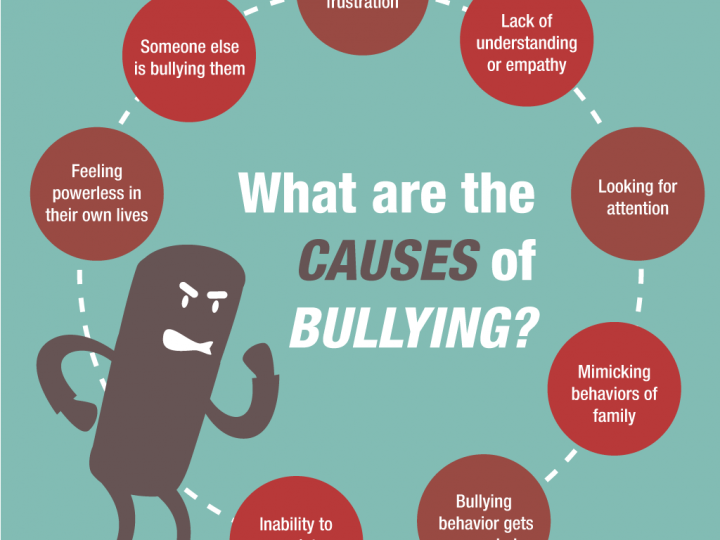
Mindfulness – Why all the hype?
In a recent chat, someone asked me why mindfulness has caught mainstream news attention these days. What’s all the hype? There is a lot of research that supports how mindfulness reduces stress, helps with health issues, creates more focus, increases happiness, allows us to be calm, and so on. Sounds like a great new drug, right? But let’s look at it a little closer to understand the science.
Research shows that 47% of the time our mind is thinking of something OTHER than whatever we are doing. It’s thinking about the past, worrying about the future, putting together a shopping list or even just replaying a scene from last night’s Netflix binge. The point is, we are not thinking about what is currently happening in the moment. The reason we can do this, and usually get away with it, is because most of our responses and behaviors are “pre-programmed.” We have done this activity or had this situation come up before. So we just act or respond the same way we always do. That’s why we don’t have to think about brushing our teeth, washing dishes or sometimes even driving home. We are on “auto-pilot.” The tricky bit comes when we decide we want to change a habit, behavior or thinking pattern, especially one we may judge as being out of alignment with who we are and how we choose to live.
Example: You’re driving down the road, and someone cuts you off. For many of us, the instant response is anger. We are actually in fear because our fight or flight response was triggered, but anger is the outward expression. So without thinking, we let fly a series of expletives only to regret our decision later when the child in the backseat begins to use the same vocabulary. Because we live 47% of our life on “auto-pilot,” changing that behavior can be difficult in the moment. That’s where mindfulness practices come in.
What mindfulness studies have proven is that meditation, yoga, breath work, or just developing a habit of being “aware” gives us “space” in our mind (hence the name of the meditation App “Headspace,” which I highly recommend for those new to meditation). When a situation like being cut off happens, those who have a mindfulness practice and observe their thoughts and reactions have a greater chance of adjusting their reaction BEFORE they teach little Johnny some new vocabulary for school. Instead of responding with anger, we may decide that when this situation happens, we will respond with gratitude that no one was injured, and we avoided a near miss. We may also decide we want to have compassion and understanding because most likely the other driver was in their own “47%” of not paying attention to the current activity, a common situation we now see. Even if we make the decision that this is how we will react the next time we are cut off in traffic, changing that automatic behavior can be difficult. Studies have proven that regular meditation gives us a “pause” in our thinking where we can make a different choice when situations like this arise, thus allowing us to change old programming and habits. That’s why mindfulness is a great addition to any life or work changes you want to make. Meditation literally “lights up” or “exercises” 8 different parts of the brain, many associated with better and more deliberate decision making. It helps with the “re-wiring process.”
The Harvard Business Review has published numerous studies and articles on just this topic around the benefits in business. Bringing mindfulness programs into the workplace create higher levels of innovation and better decision making by leaders as well. So just think about it. What would shifting more of your focus to the present moment do for your life? How would it impact your relationships, happiness, and well-being? How could it support new endeavors and changes you wish to make? For your consideration to ponder.




